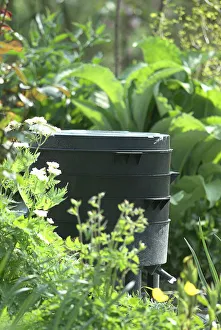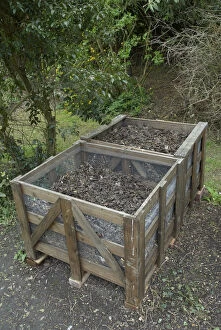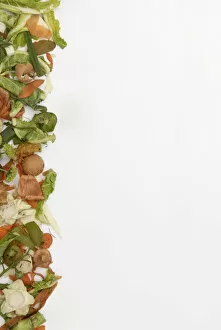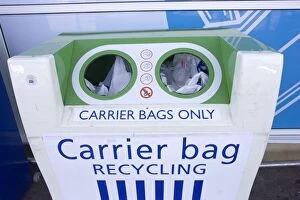Biodegradable Collection
"Embracing the Future: Biodegradable Innovations in Death and Aviation" In 1875, the Perishable Coffins made their debut at the Death Funerals Exhibition
All Professionally Made to Order for Quick Shipping
"Embracing the Future: Biodegradable Innovations in Death and Aviation" In 1875, the Perishable Coffins made their debut at the Death Funerals Exhibition, marking a significant milestone in sustainable burial practices. These biodegradable coffins offered an eco-friendly alternative to traditional caskets, allowing nature to reclaim its elements gracefully. Fast forward to today, where Qantas takes center stage with its commitment towards zero waste. As one of the leading airlines worldwide, Qantas has embarked on a mission to revolutionize aviation by minimizing environmental impact through innovative initiatives. Qantas Zero Waste program stands as a testament to their dedication. By implementing sustainable practices throughout their operations, they strive for minimal waste generation and maximum resource conservation. From reducing single-use plastics onboard flights to recycling materials extensively, Qantas aims for a greener future above the clouds. Investors have taken notice of these efforts too - Qantas stock continues to soar as sustainability becomes an increasingly important factor in decision-making processes. The market recognizes that companies embracing environmentally friendly practices are not only contributing positively towards our planet but also positioning themselves for long-term success. The concept of biodegradability is no longer limited solely to funeral arrangements or airline endeavors; it has become a symbol of progress across industries. As we witness advancements like Perishable Coffins back in 1875 and now Qantas' groundbreaking initiatives today, it's evident that society is moving towards more responsible choices. Biodegradability represents our collective responsibility towards preserving our planet's resources while still progressing technologically and economically. It signifies hope for future generations who will inherit this Earth from us – urging us all to prioritize sustainability over convenience. So let's celebrate these milestones – from historical exhibitions showcasing eco-conscious coffins centuries ago to modern-day corporate giants like Qantas taking bold steps towards zero waste aviation. Together we can shape a world where biodegradability becomes synonymous with progress, ensuring a brighter and greener future for all.
























